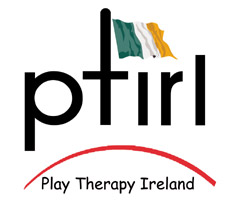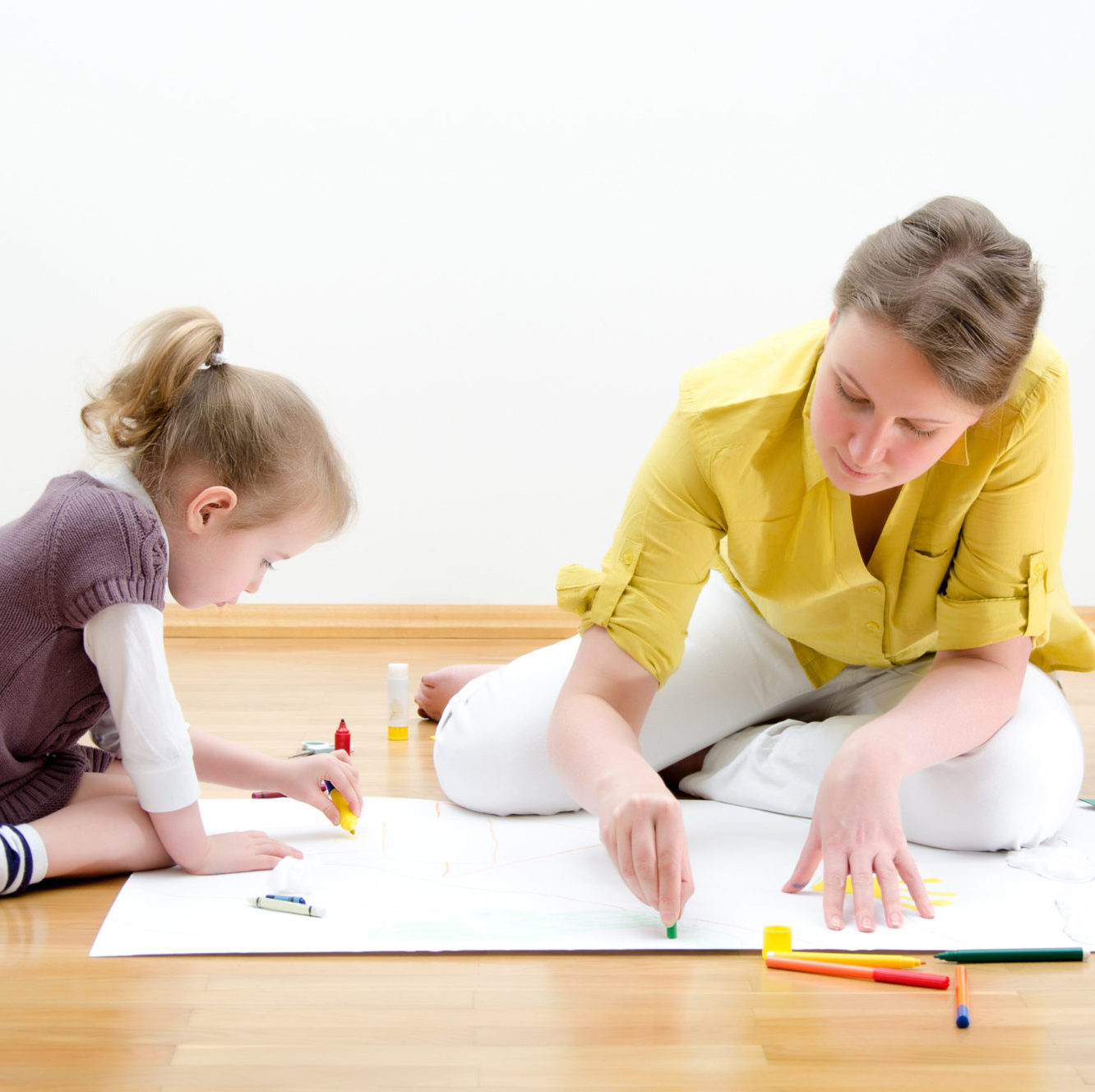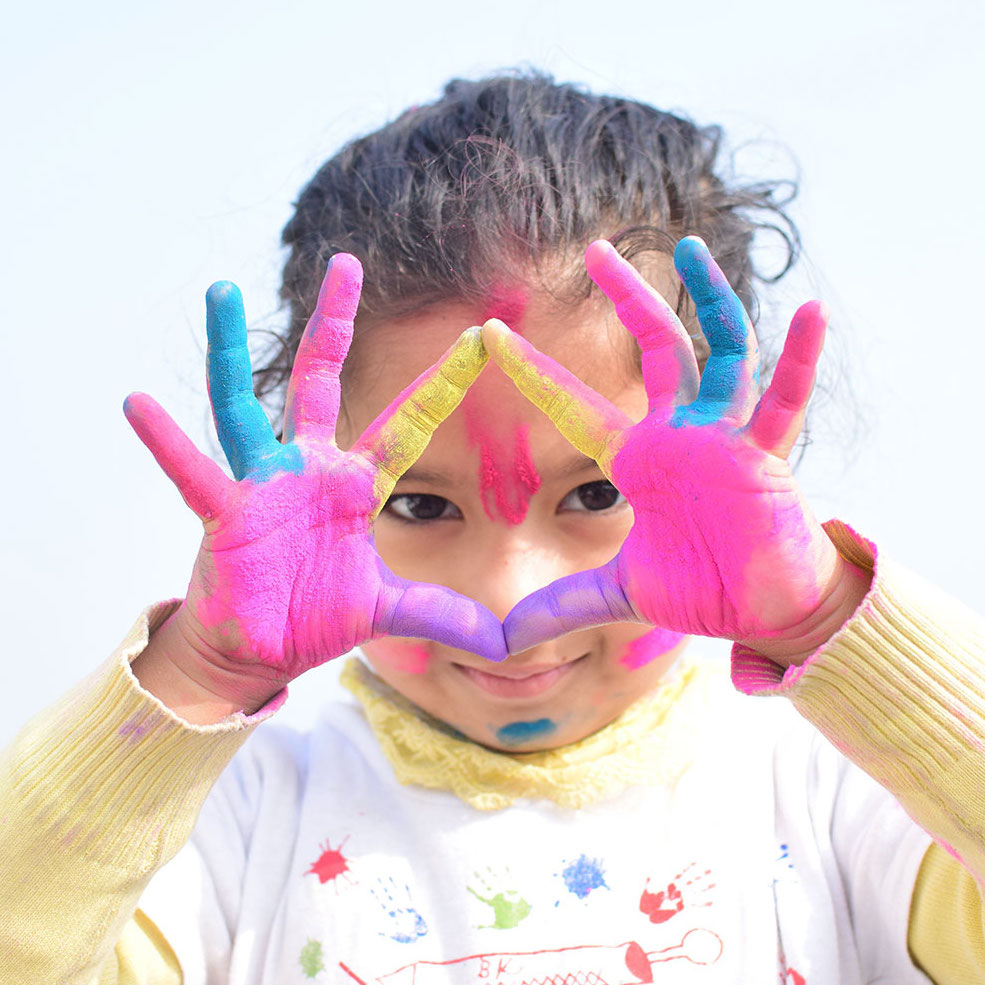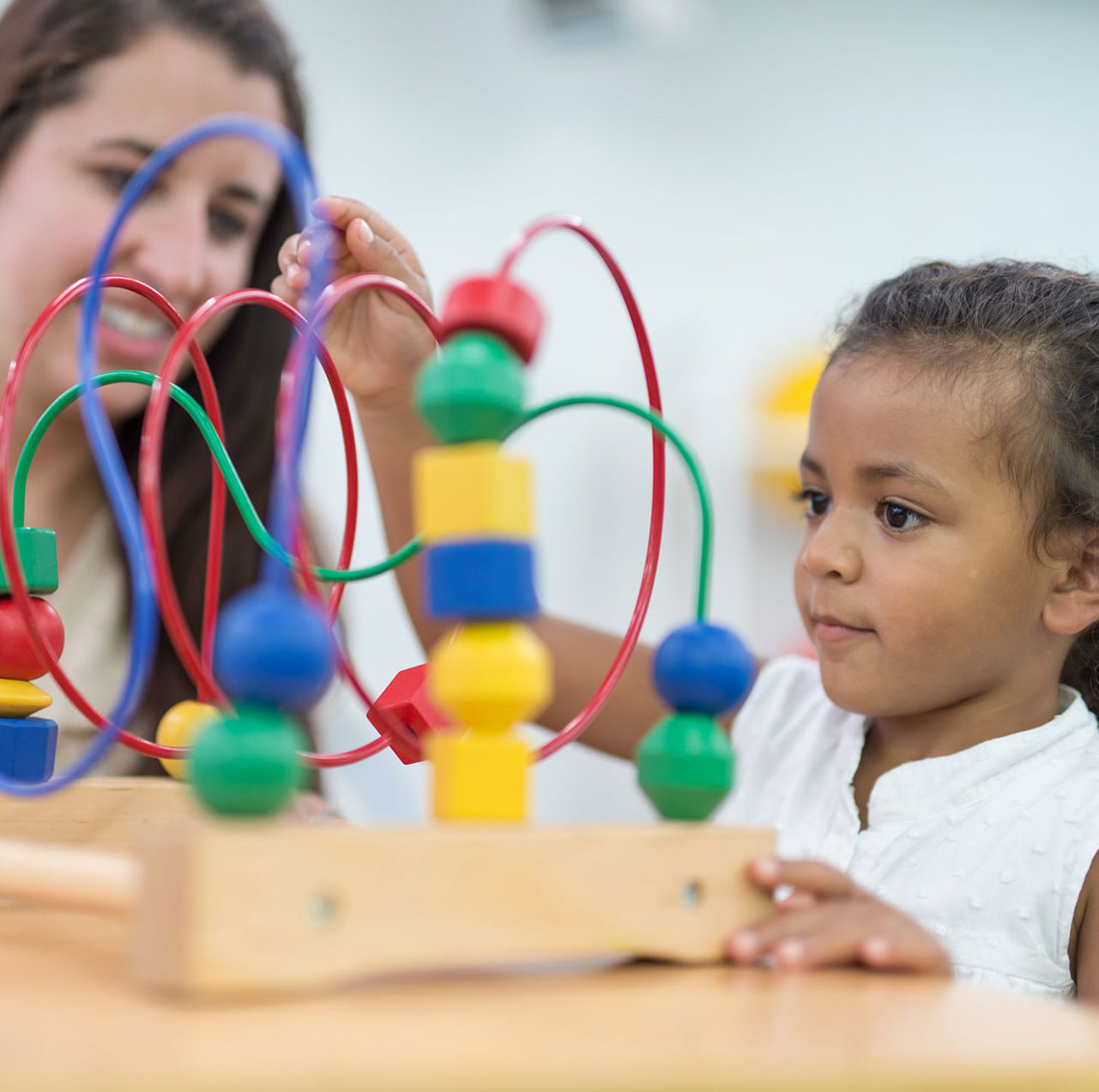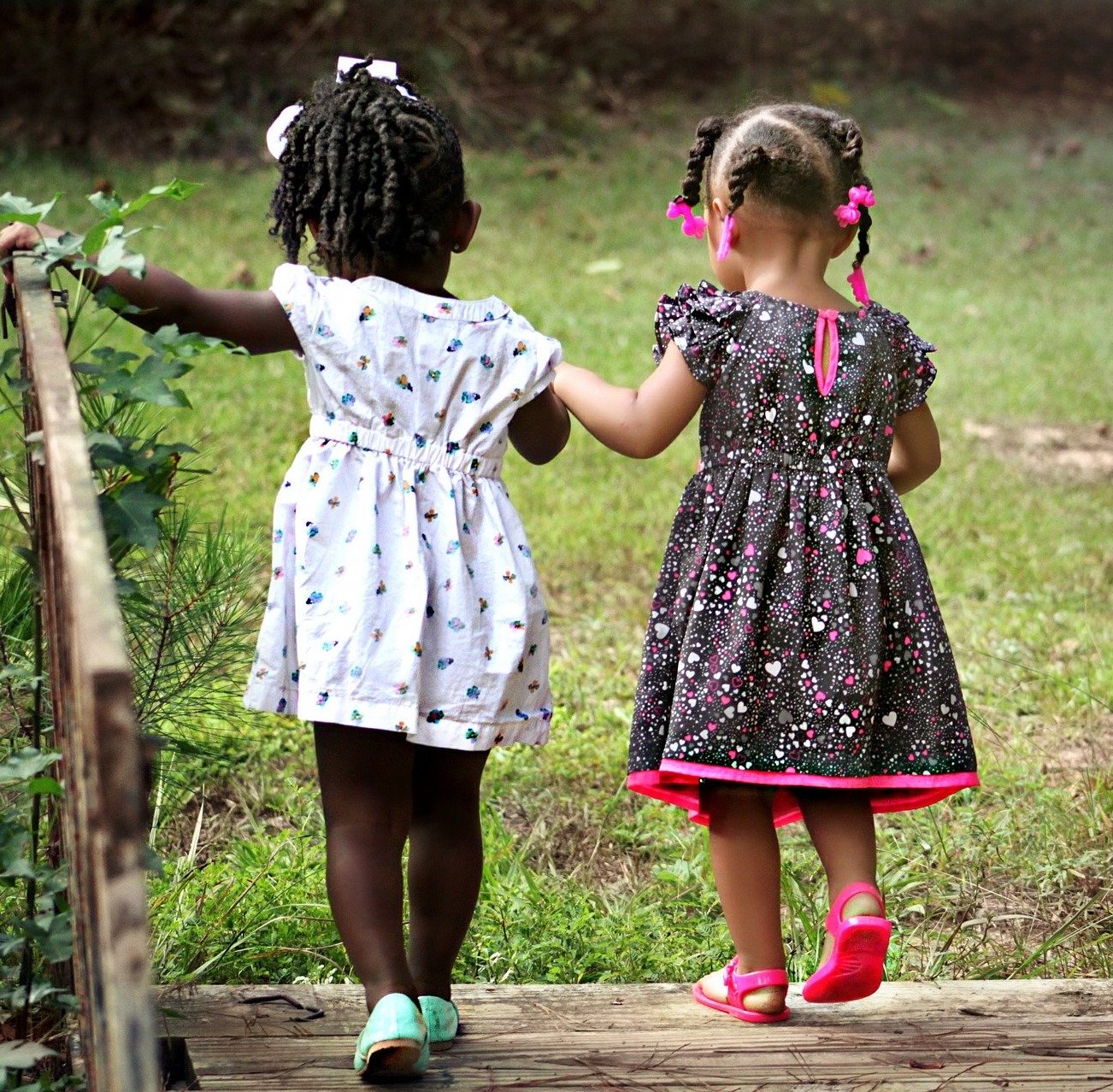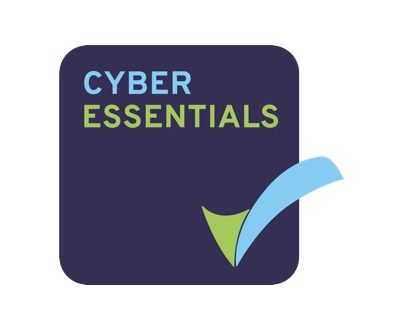Play Therapy is a type of therapy where play and art materials are used as the main way for self-expression.
Using play in therapy helps people to express themselves in their own way; especially if they are struggling to understand how they are feeling, or are finding it hard to put their experiences into words
There are a range of interventions that can be chosen from, according to the type and severity of the difficulties.
PTUK Members are trained at two levels
